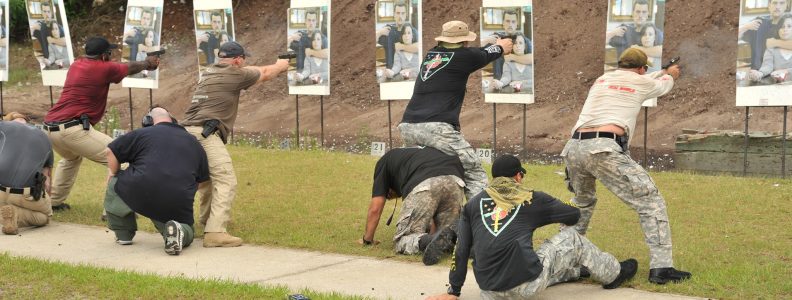Anyone hoping to increase their knowledge and abilities must first choose the correct online course. Finding a course that fits your specific learning style and objectives can make all the difference given the dizzying range of choices now at hand. Your interests, strengths, and goals will help you to guarantee a more successful and efficient educational process with groundpres.
Identifying Your Learning Style
You should be clear about your preferred learning method before starting any online course. Do you like listening to lectures, or are you someone who picks things up most from visual aids? Maybe you require interactive activities to really understand ideas since you are more hands-on. Finding out your preferred learning style will enable you to select a course that provides the appropriate strategies to suit your needs.
Defining Your Goals
Clearly specifying your learning goals will enable you to reduce the range of courses you could take. Are you trying to grow yourself, or are you seeking professional competencies to boost your employment? Whether your objectives are a certification program, a thorough study of a particular topic, or a casual learning experience, knowing your goals lets you concentrate on courses that fit your requirements.
Evaluating Course Content and Structure
Various online courses have different frameworks, including live sessions, assignments, quizzes, or video lectures. One should ask whether the course materials are thorough and orderly. Easy grasp of difficult ideas will come from a concise framework with a logical flow from one issue to the next. Furthermore, take into account whether the course offers extra materials meant to improve your educational process, such as readings or debates.
Reading Reviews and Gathering Feedback
When choosing an online course, one of the most helpful resources is former student comments. Reviews and testimonies can reveal information about the efficacy of the course, how closely it satisfies learning objectives, and the help the teachers offer. Positive evaluations from those with like learning styles or needs will guide your choice. Conversely, negative reviews can highlight possible problems that might make a course less fit for your learning style, like those found on groundpres, which may provide additional insights on course experiences.
Although choosing the correct online course calls for some research, examine your learning style, outline your objectives, assess the course structure, and pay attention to comments from others to increase your chances of selecting a course that will keep you motivated and assist you to reach success. Spend some time investigating your possibilities and choose a course that will be interesting and fulfilling.


